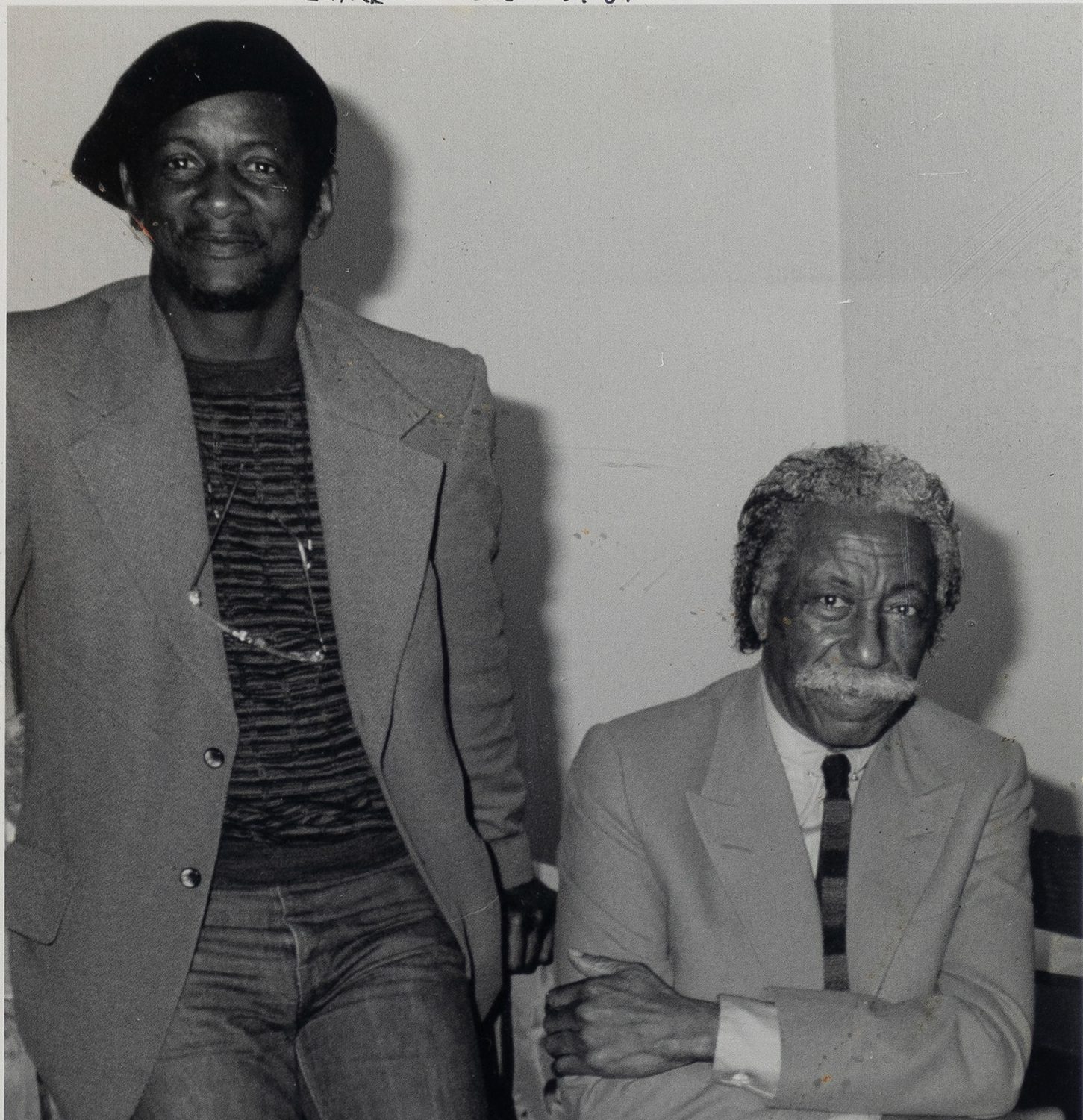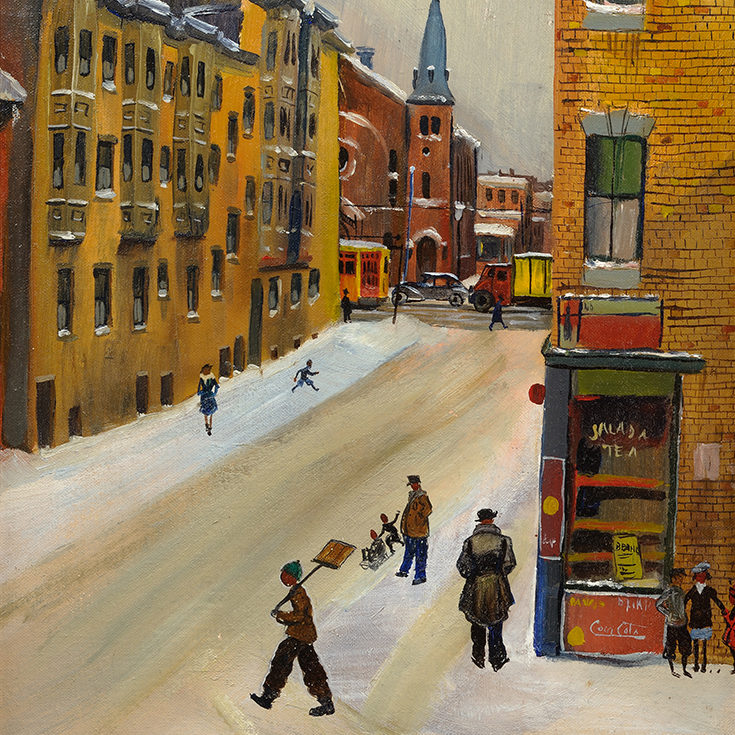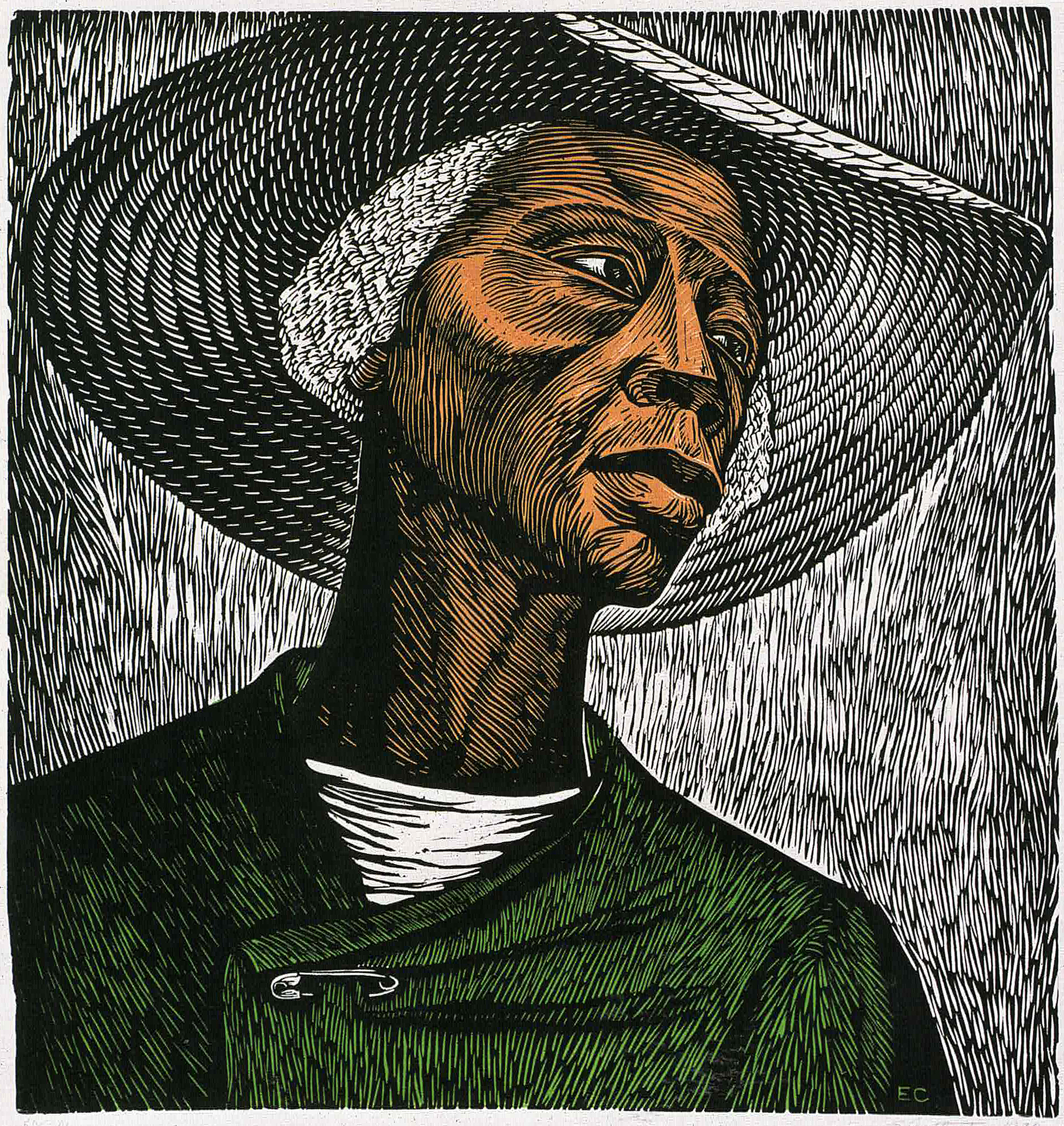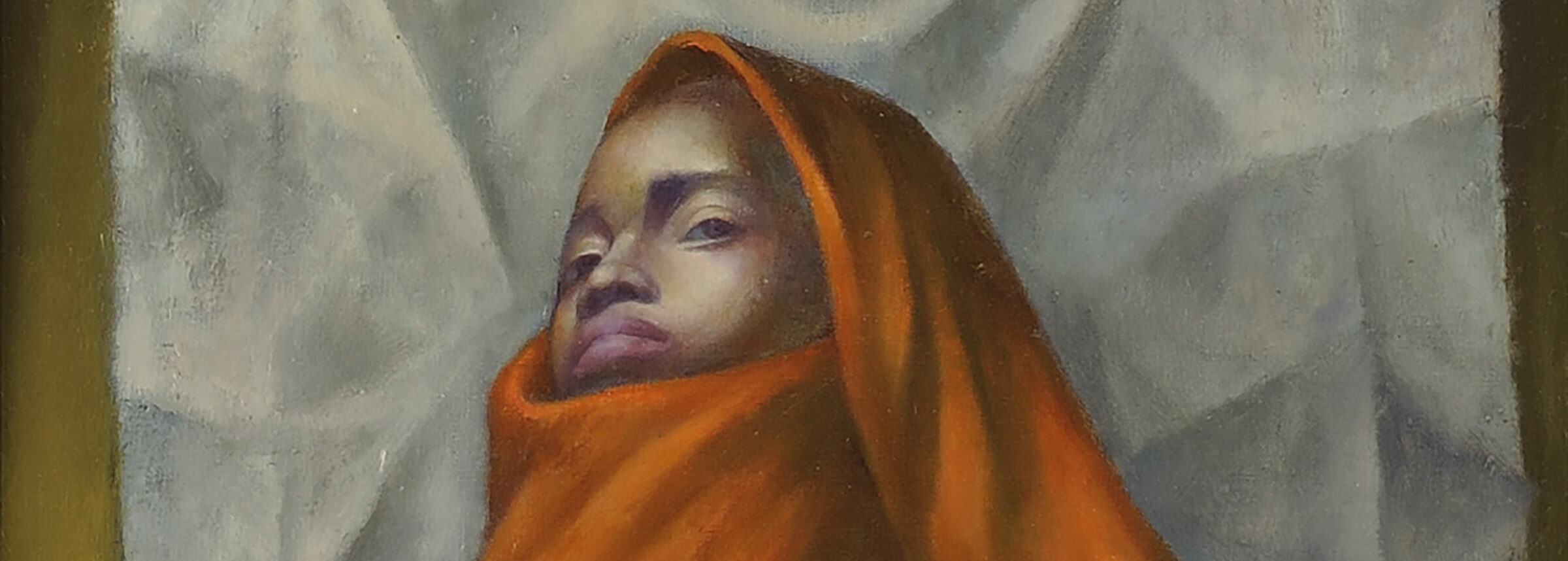Jim Alexander was born in Waldwick, New Jersey, one of thirteen children. When he turned 18, he decided to enlist in the US Navy. This decision would coincidentally influence the course of his life and career. In a dice game while he was at boot camp in Bainbridge, Maryland, he won a camera, and after some practice, began selling photos to other sailors for fifty cents each. While on a naval base in Charleston, he learned more about photography from the base photographer, and when he left the Navy he enrolled in the New York Institute of Photography. He earned a degree in commercial photography there (1968), and a certificate in Business Management at Rutgers University.
Alexander began a lifelong project of documenting human rights and the Black experience after the assassination of Dr Martin Luther King, Jr. He befriended Gordon Parks and Parks became a sort of mentor to Alexander. After hearing Alexander’s intention to devote his career to this cause, Parks replied, “that sounds good James, but your ass is going to starve, nobody is going to pay you to just run around shooting anything that interests you.” Alexander’s solution was to accept teaching jobs that would earn him a living and allow him to indulge his interest in more artistic (and less profitable) endeavors.
In 1970, he moved to New haven, CT, and taught at Yale University’s School of Art and Architecture’ Black Environmental Studies Team and The Black Workshop. In 1976, he moved to Atlanta, GA, to take a position as audiovisual communications director for the Atlanta Office of the Federation of Southern Cooperatives, a non-profit established to save, protect, and expand the landholdings of African American family farmers in the South.
Another interest of Alexander’s was music—from jazz to rock. He executed an extensive photoessay of legendary jazz great, Duke Ellington (highlighted in the publication, Duke and Other Legends). Two similar images may be seen in A Century of African American Art, The Paul R. Jones Collection, Amalia Amaki, editor, 2004, University of Delaware, pp. 184-185.
REF: The Jim Alexander Collection , www.jimalexandercollection.com/biography




